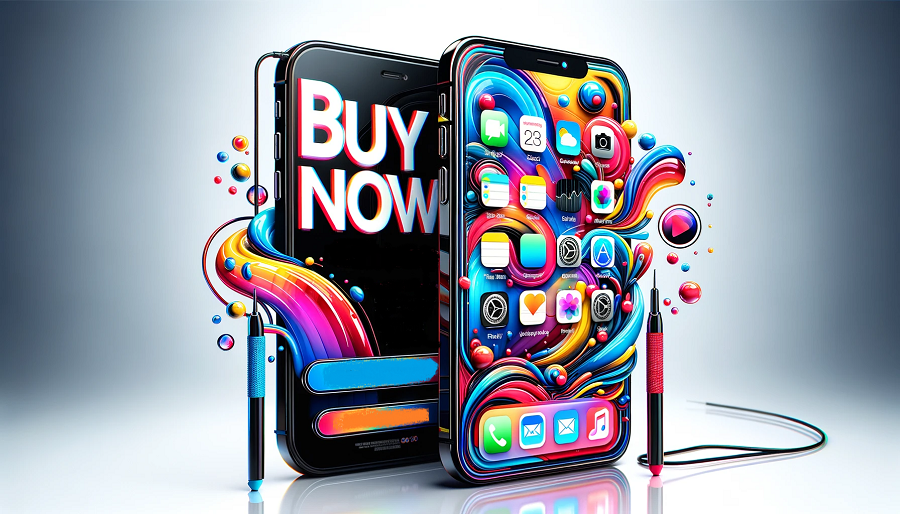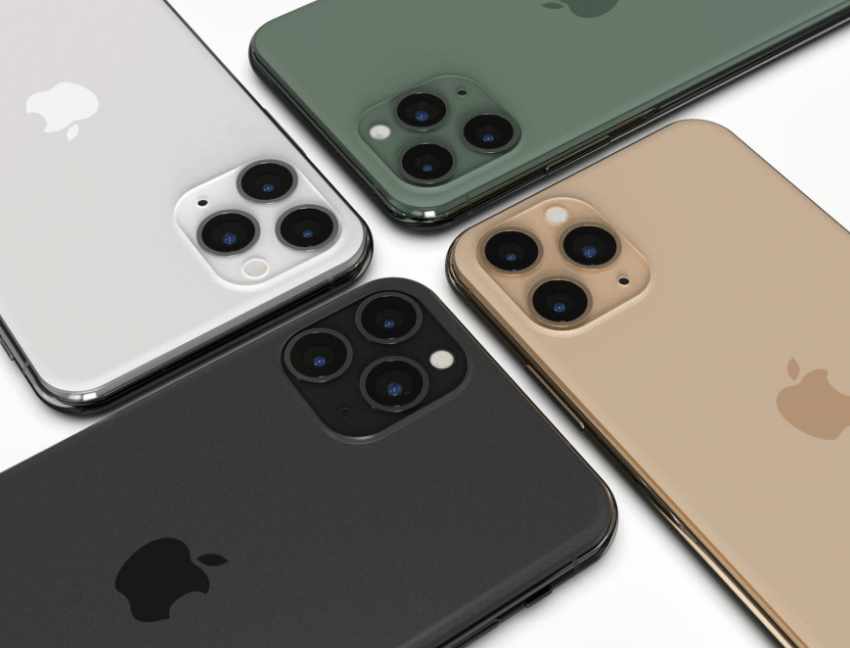More than 113 million people in the U.S. own an Apple iPhone. It’s the best-selling mobile device and has been for years. It’s also the most expensive on the market, with the most recently released iPhone 12 retailing for around $1,900! Carriers compete for your purchase and might offer you the best deal, but Apple’s certified retailers are a contender for your business too — as the most direct source. It’s a big purchase, so let us break down whether you should buy your iPhone from Apple or your carrier.
Pros and cons of buying your next iPhone from Apple or your carrier
Do Apple or cell phone carriers offer better payment plans?
Most carrier plans allow you to pay off a new phone as part of your service bill over a few months. This can be a convenient option since you don’t have to pay the entire bill upfront and can combine payments with a bill you already budget for. However, some carrier companies charge you interest on your payment plan. In that case, you may end up paying more than the initial quoted phone price for the convenience of paying the bill in installments.
Apple also offers a payment plan with installments. The full cost of your iPhone is spread out over 24 months, and they don’t charge any interest. They also allow you to upgrade to a newer iPhone once you’ve made 12 payments. Because of this, Apple policy carriers are following suit, and no longer charge interest.
Where do you get a better deal, Apple or your cell phone carrier?
If you’re looking for a deal, you’re more likely to find one with your carrier than at Apple. Most carrier companies offer a cell phone upgrade after a few years. These upgrades are often offered at discount prices. Carriers also compete with one another and offer deals to entice new clients to sign up with them. For example, in 2021 T-Mobile, Verizon, and AT&T are all offering huge discounts on new iPhones when you switch to their services and trade in an approved device. If you can snag one of these deals, that can make buying through your carrier much more cost-effective.
Apple closely controls pricing at all of its retail locations globally, rarely offering deals. Sometimes the company offers discounts during Black Friday sales (the Friday after Thanksgiving). However, they typically keep these promotions quiet and don’t publicize what will be on sale. The only other time you may find a deal at a certified Apple retailer is when the next generation of products comes out, and they need to clear out past inventory.
What are the advantages of buying a locked or unlocked phone?
When you purchase an iPhone through your cell phone carrier, they will likely format your cell phone to function only on their network — this is a ‘locked’ phone. Even if your contract ends with that carrier, the phone might still only be useable with that network. While it’s possible to ‘unlock’ a phone, it can be a hassle to do so. If you like your current carrier and are planning to stay on their network for the next few years, buying a phone through that carrier shouldn’t be an issue. If you’re not happy with your network, or you travel internationally a lot and will need to change networks because of that, a locked phone is not an ideal choice for you.
Apple sells their phones unlocked so that they can be used with any carrier. Since you’re buying directly from Apple, you don’t have to commit to a service contract with your carrier, and you can switch carriers anytime you want without having to make changes to your phone.
What’s better, AppleCare+ or Insurance?
When making an investment in a pricey iPhone, you’ll likely want to insure your new device. Most carriers offer some form of protection that you can add to your purchase. Each carrier offers something different and typically has a range of coverage and price. This is the biggest benefit to carrier insurance over AppleCare+, as there are more options and ranges of coverage.
Apple purchases come with a general AppleCare, which covers 90 days of support, and a one-year warranty. AppleCare+ can be purchased at an additional price and covers repairs for accidental damage. You can also add Theft and Loss to your AppleCare+, which allows you to replace your iPhone if it is lost or stolen. Apple guarantees that its replacement device will be of the same or better quality (which carriers can’t always guarantee), and you can typically walk into an Apple retailer and get a same-day replacement device. Carriers usually send replacements in the mail, so you might have a significant delay before you receive your new device.
What’s more convenient, buying from Apple or your cell phone carrier?
If you prefer to shop online, most carriers make it very easy to add a new cell phone to your existing contract. You can browse online, select the phone and deal you’re interested in, and start making payments immediately. If you prefer to visit a store in person, you’ll likely want to make sure that the carrier has the phone you want in stock. Carriers also offer used and refurbished phones, sold at a lower price point. This can be a great way to get the same device at a much lower price, though you’ll want to make sure it functions properly.
Apple stores typically have quite a few people working at any time, have tons of products in stock, and will provide you with a good customer experience. Apple is known for its aesthetically pleasing, modern, customer-centric stores. You can also purchase online from their virtual store. Apple offers certified refurbished products, which are usually more expensive than used items sold from other retailers but are certified to have Apple standard hardware.
With all that in mind, as you make your next iPhone purchase, consider what you’ll do with your previous device. Do something good for the environment and sell your iPhone to Gizmogo; even if it’s outdated, used, or broken!
Best Online and Offline Venues to Trade In or Sell Your Used Phone for Cash



